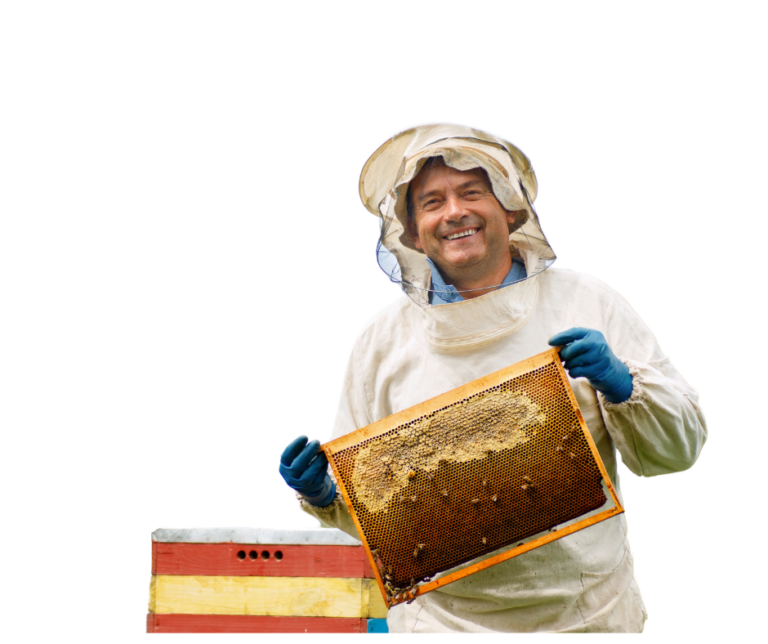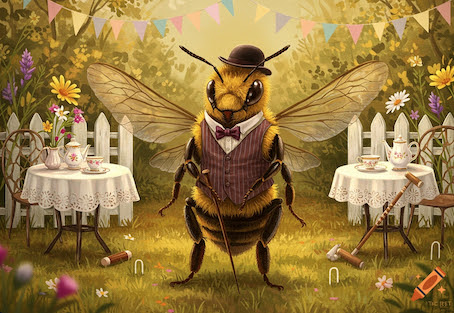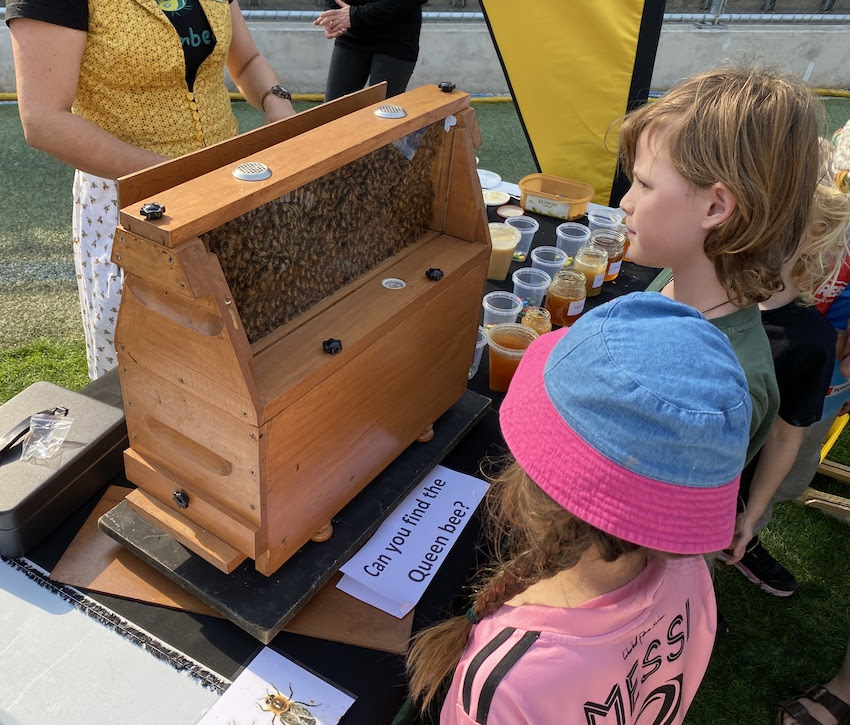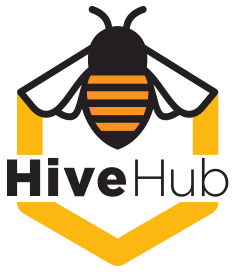Welcome

Dunedin Beekeepers’ club was formed in 1980 and incorporated in July 2022. We are a not-for-profit, membership-based club providing support for the promotion of bees and of good beekeeping practices.

Events
January 10am-5pm, Saturday 18 January 2026
Brighton Gala Day
For the last couple of years the club has run a successful stand at The Brighton Gala. We’ll be back in 2026 and as always we welcome help from club members in talking to the public, promoting the craft of beekeeping and assisting in packing in and packing out – do come along and participate.
Set up will be from 8am with opening at 10am. The Domain is immediately across the bridge on the left hand side. It is a big event and parking may be limited. Please let Jenny know if you’re able to help.
Saturday 13th December
Our December meeting will be a Christmas social. While our bees will be available for inspection, the main focus of the meeting will be a croquet tournament supplemented by other lawn games and petanque. We will also be holding a quiz. The event will be catered so please RSVP to Jenny by Thursday 4 December, we need to have an indication of how much food to order.
Please note the earlier start time of 1pm.
1PM

News & Resources
2025 Introduction to Bee Keeping Course
The Dunedin Beekeepers Club is offering a one day introduction to beekeeping course. The course is proposed for Sunday 12 October 2025 and will be held at Southern Youth Development, Jubilee Park, Maori Road. View our course page for details
LEVEL 3 BEEKEEPING at Otago Polytechnic.
Courses are run in Cromwell and also Dunedin, with theory at Otago Polytechnic (either Bannockburn or Dunedin campus ) and practical sessions at local apiaries.
We are looking for 12 students for each class. For more information about enrolment potential students can ring the Cromwell campus on 0800 765 9276 or For specific course related information, potential students can email me or text/ring David on 027 418 2385
www.op.ac.nz/programmes/nzqa/new-zealand-certificate-in-apiculture-level-3
Swarms
Bees swarming is a natural occurrence which is a part of their reproductive cycle. Honey bees are the only type of bees that swarm. Swarming season across New Zealand can begin as early as August and runs through until January. If you find a bee swarm the best thing to do is leave it alone and call Dunedin Bee Club Beekeepers' Jenny 0212596877 or Kevin 0274953127 to collect it in a safe manner. Don’t worry, bees in a swarm are not aggressive or inclined to sting unless provoked.
AFB Course
Each year an American Foul Brood (AFB) course and test is held locally. This enables beekeepers to become informed about AFB and the consequences of finding it in New Zealand. In other countries, AFB is treated with antibiotics, but in NZ, all hives found with AFB must be destroyed by burning. AFB is a very serious threat to our bee industry and it is important that correct procedure is followed to protect us all. It is recommended that all beekeepers complete this course, even if you want someone else to continue checking your bees for AFB. Below is the link to the AFB courses, so you can book it in your diary. www.afb.org.nz/beekeeping-courses



View Helpful Resources & Links
The aims and objectives of the society are:
• to foster interest in beekeeping
• to promote good beekeeping practices that are respectful of bees
• to raise funds for approved purposes
• to preserve the integrity of the Dunedin Beekeepers Club Inc.
Over our 40 years of operation we have introduced hundreds of beekeepers to the practice and art of keeping bees.
We give demonstrations to local schools, exhibit at shows and offer an introductory course to aspiring beekeepers. We hold monthly meetings with practical hive work and demonstrations, a wide range of speakers.

Hive Hub
The Management Agency, National American Foulbrood Pest Management Plan New Zealand.
Club Newsletters
Browse Past Newsletters
Notice Board
 We are still here!
We are still here!2024
Keepers Calendar
Having taken care of our bees needs, we can have some time off beekeeping over the winter and the season starts again early spring, hence this calendar starts in August. Scroll to the current month for reminders of tasks to complete this month.
August
Prepare for the new season. Assemble feeding equipment and supplies of sugar. Prepare site by cutting grass around hives.
September
Feed if necessary. Apply varroa treatment as soon as it is warm enough to open the hives. Check all frames for AFB
October
Check hives for queen. Are there plenty eggs and brood? Is the brood in a good healthy solid pattern?
November
Now the hives are humming! Keep up varroa treatment. Feed if necessary. Control swarms. Check all brood frames for AFB.
January
Check honey supers and add more as necessary. Extract honey Check frames for wax moth.
Feel free to pop along to a club meeting held on the second Saturday of the month at Southern Youth Development, 45 Maori Road, Belleknowes, Dunedin.
Copyright © Dunedin Beekeepers' Club. All Rights Reserved.